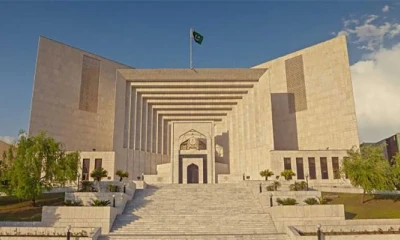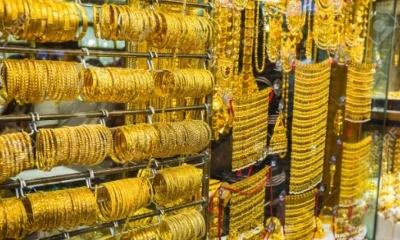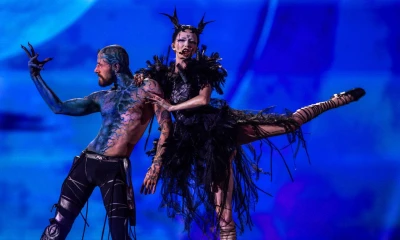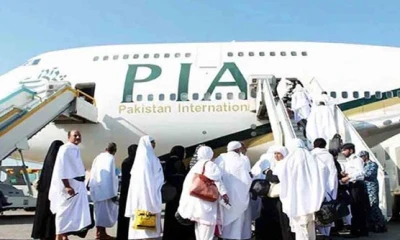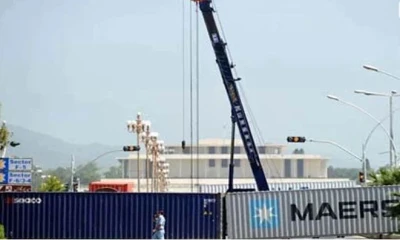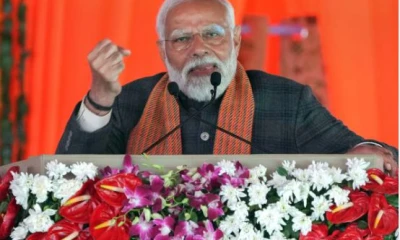Technology
TikTok mulls labelling AI-generated images, video from OpenAI and elsewhere
The famous social media app says it would adopt “Content Credentials,” a digital watermark that denotes how images were created and edited

(Reuters): TikTok said on Thursday it would start using a technology aimed at helping it label images and video generated by artificial intelligence and uploaded to the video-sharing service.
TikTok said it would adopt “Content Credentials,” a digital watermark that denotes how images were created and edited. The Content Credential technology was spearheaded by Adobe but is open for other companies to use and already has been adopted by companies such as ChatGPT creator OpenAI.
Researchers have expressed concerned that AI-generated content could be used as misinformation in an attempt to interfere with U.S. elections this fall. TikTok was already among a group of 20 tech companies that earlier this year signed an accord pledging to fight it.
YouTube, owned by Alphabet’s Google, as well as Meta Platforms, which owns Instagram and Facebook, have also said they plan to use Content Credentials.
For the system to work, both the maker of the generative AI tool used to make content and the platform used to distribute the contents must both agree to use the industry standard.
If a person uses OpenAI’s Dall-E tool to generate an image, for example, OpenAI attaches a watermark to the resulting image. If that marked image is then uploaded to TikTok, it will be automatically labeled as AI-generated.
TikTok, which is owned by China’s ByteDance, has 170 million users in the United States, which recently passed a law requiring ByteDance to divest TikTok or face a ban. TikTok and ByteDance have sued to block the law, arguing it violates the First Amendment.
TikTok already labels AI-generated content made with tools inside the app but the latest move would apply a label to content generated outside of the service.
“We also have policies that prohibit realistic AI that is not labeled, so if realistic AI (generated contents) appears on the platform, then we will remove it as violating our community guidelines,” Adam Presser, head of operations and trust and safety at TikTok, said in an interview.
Pakistan
Accountability against perpetrators of May 9 violence to reach logical conclusion: minister
Khwaja Asif says Indian spy Kulbhushan Jadhav is in Pakistan's custody
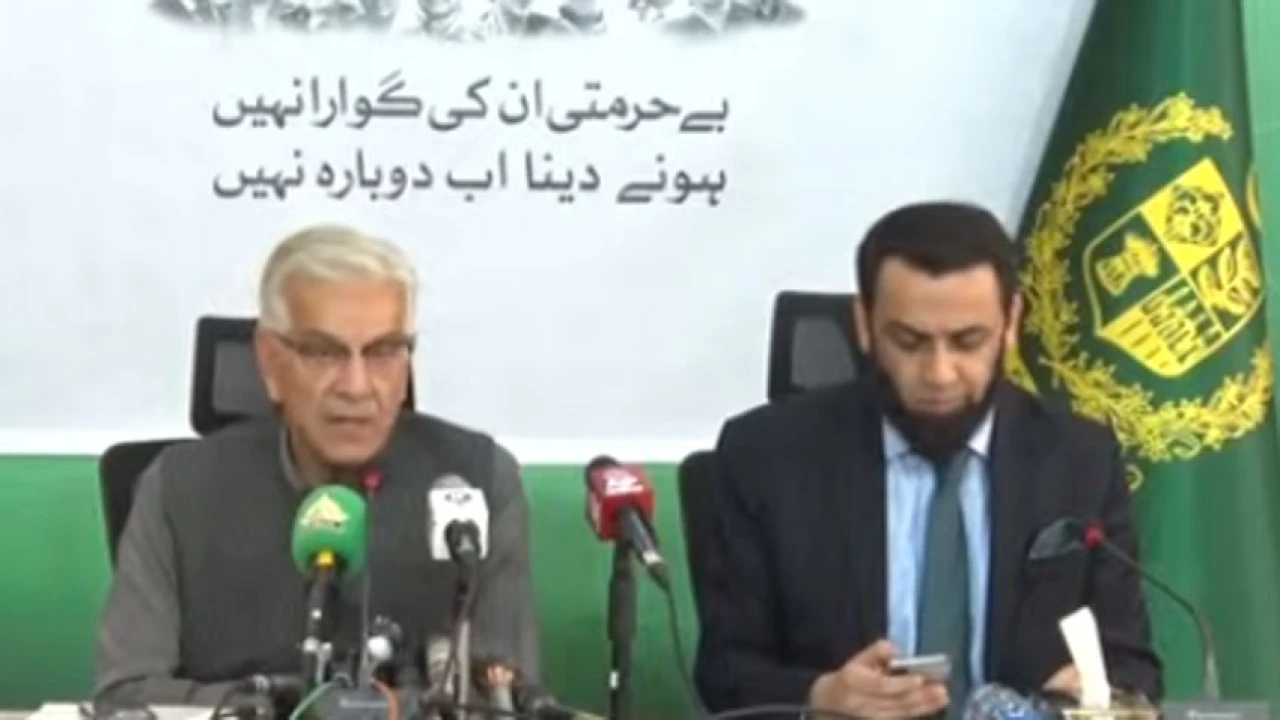
Islamabad: Defence Minister Khawaja Asif has said the accountability against the perpetrators and conspirators of the May 9 violent acts will reach a logical conclusion.
Addressing a news conference along with Minister for Information and Broadcasting Attaullah Tarar in Islamabad today, he said the characters behind the May 9 tragedy are known to everybody. He said there was proper planning to stage the violent acts and this tragedy cannot be forgotten.
The Defence Minister said our security forces have rendered immense sacrifices in the war on terrorism and they continue to do so. He regretted that the memorials of our martyrs were disgraced and the military installations were specifically targeted. He said the very foundation of Pakistan was attacked on May 9.
Responding to a question, the Defence Minister said the Indian spy Kulbhushan Jadhav is in Pakistan's custody.
The Information Minister said there is evidence as to who were involved in the May 9 acts, emphasizing that these need to be brought to justice.
World
Modi skips election in Indian-occupied Kashmir as critics dispute integration claims
Analysts say the BJP decided to skip contesting the election because the outcome is likely to contradict Modi’s narrative of a peaceful and more integrated IoK
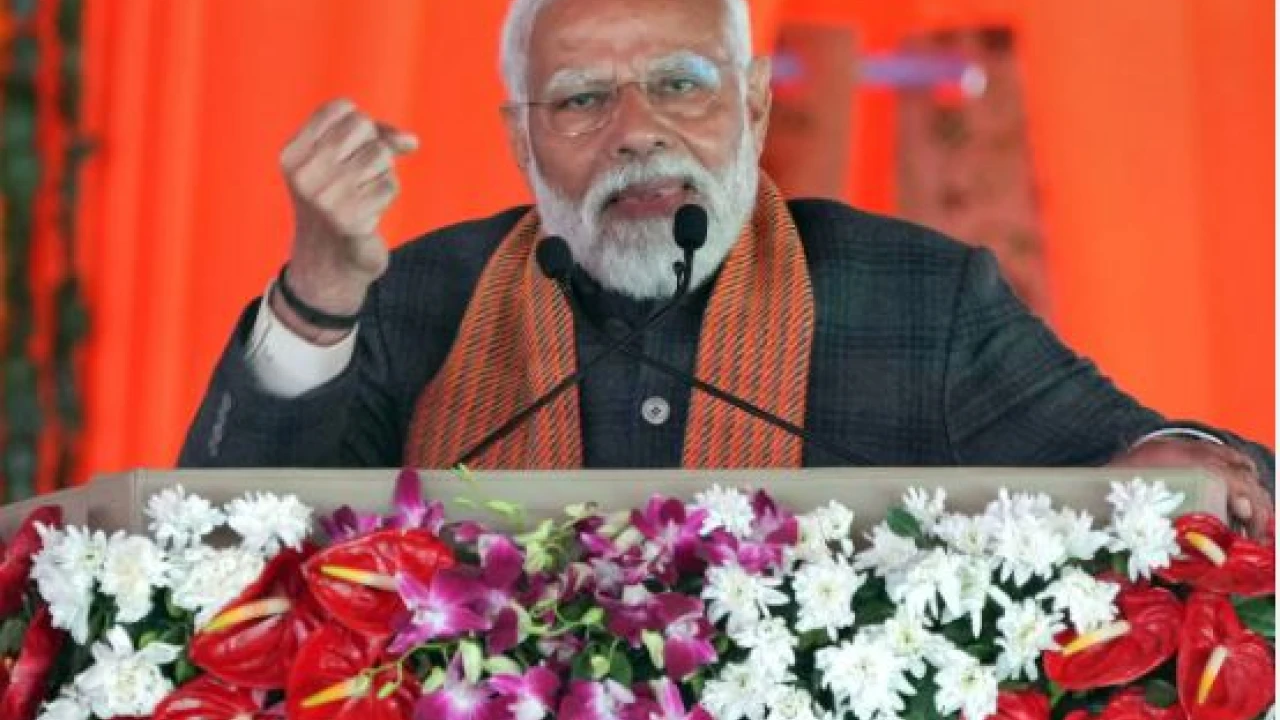
New Delhi (Reuters): Prime Minister Narendra Modi is criss-crossing the country in a marathon election campaign but, for the first time since 1996, his Bharatiya Janata Party (BJP) is not contesting in Indian-occupied Kashmir (IoK), where a 35-year freedom movement against New Delhi’s rule has killed tens of thousands of people.
Instead, the main contenders for the three seats in the Muslim-majority region are powerful local parties, the National Conference and the People’s Democratic Party (PDP). They will contest against each other but both say they are opposed to the Hindu nationalist BJP and will align with the Congress party-led opposition alliance.
Analysts and opposition parties say the BJP decided to skip contesting the election because the outcome is likely to contradict Modi’s narrative of a peaceful, more integrated IoK since he removed the region’s semi-autonomous status in 2019 and brought it under New Delhi’s control.
The BJP, along with allies, is contesting in every other part of India and is tipped to win a majority of parliament’s 543 seats on the back of its Hindu-first image.
“Why are they absent from the election?” asked Omar Abdullah, a leader of the National Conference and a former chief minister of Jammu and Kashmir state.
“Clearly there is a gap between what the BJP claims to have done and the reality on the ground,” he said, speaking in his home in IoK’s main city, Srinagar.
Modi says his 2019 decision brought normalcy to IoK after decades of bloodshed and that he will bring investments and jobs soon.
Home Minister Amit Shah backs up the government’s position by claiming that youths now hold laptops in their hands instead of “stones that they used to throw at security forces in the past”.
As part of the move, the Jammu and Kashmir state was split into two federally ruled areas — the Muslim-dominated Kashmir valley with the Hindu-dominated Jammu plains, and mountainous, Buddhist-dominated Ladakh.
The government slapped a harsh lockdown on IoK at the time and Abdullah and almost all other local leaders were held in custody for months.
Ravinder Raina, the chief of the IoK unit of the BJP, said the party’s decision to skip the election was part of a broader strategy, although he declined to give specifics.
“The BJP will not fight, but support a candidate who will work for peace, happiness, brotherhood and democracy” in each of the three seats, he said. The BJP has not yet announced which of the many small parties in the fray it will support.
Alienation, discontent
Interviews with over a dozen residents, political leaders, security officials and analysts in IoK and New Delhi indicate that discontent and alienation continue to simmer in the heavily militarised Himalayan region.
Besides the three-decade freedom movement, Kashmir is divided into IoK and Azad Jammu and Kashmir, claimed in full by both India and Pakistan.
India alleges that Pakistan has supported the freedom movement in IoK while Islamabad says it only provides moral support to Kashmiris.
Abdul Hameed, a 50-year-old garment store owner in Pulwama town near Srinagar, said the federal government had kept the lid on IoK since 2019, masking the true situation. “But it is like a spring. Right now they have crushed it. But who knows when will it burst open again,” he said.
Although there are fewer restrictions on people’s movements compared to five years ago, there are still tens of thousands of troops in the valley to enforce the peace.
For decades, residents and human rights groups have accused Indian security forces of atrocities against the mainly Muslim population. The government says cases of abuse are isolated acts and it prosecutes any soldier found guilty of human rights violations.
Indian military data shows there are over 100 active fighters in the region, who allegedly target security forces and workers from other parts of India. Fighters killed an Air Force soldier in an attack on a military convoy on Saturday, officials said.
“The absence of an elected system over here is an indication of the fact that things are not as they are portrayed,” said Sheikh Showkat Hussain, a retired law professor in Srinagar. “They (the BJP) should have treated [this election] as a referendum in their favour. But they seem to be scared.”
In the May 2019 general election, the BJP contested all three seats in IoK, losing them to Abdullah’s National Conference. This year, BJP is contesting the two seats in Jammu and one in Ladakh, all of which it had won in 2019.
Mehbooba Mufti, the chief of the PDP, is contesting from the Anantnag-Rajouri constituency, which many believed might have been the BJP’s best bet to enter IoK in this election.
Gerrrymandering
In 2022, a federal government-appointed commission changed the borders of constituencies in IoK.
To Anantnag, which had around 1.6 million largely Muslim votes in 2019, it added around 1m mostly Hindu voters from Jammu’s Poonch and Rajouri districts.
Mufti told Reuters that by clubbing them, the Modi administration was “changing the balance of the voters”. The BJP, she said, wants to “disempower and they want to divest, dispossess Muslims, especially the Kashmiris.”
National Conference’s Abdullah also claimed that the redrawing of the district was done to give BJP an “advantage”. But they still didn’t field a candidate, which “tells you just how bad things must be for the BJP”, Abdullah said.
However, BJP’s Raina said that the redrawing has made the constituencies more representative of the region.
-
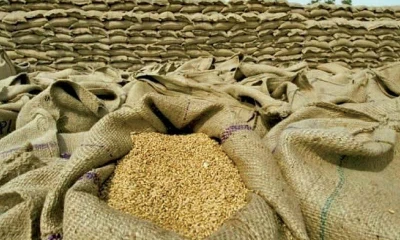
 Regional 2 days ago
Regional 2 days agoKP govt kicks off buying wheat from farmers
-
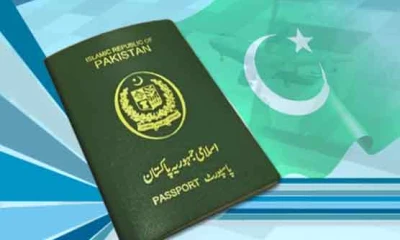
 Pakistan 1 day ago
Pakistan 1 day agoFees of fast-track passports increase again
-
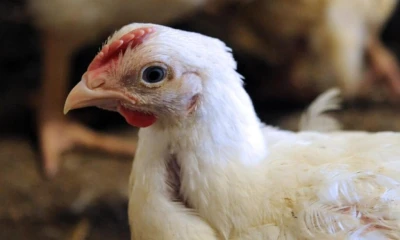
 Business 1 day ago
Business 1 day agoChicken prices go down in Lahore
-
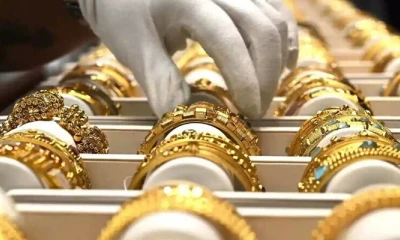
 Business 2 days ago
Business 2 days agoGold prices in Pakistan fall slightly
-
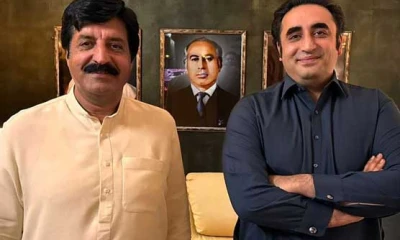
 Pakistan 2 days ago
Pakistan 2 days agoPPP’s Sardar Salim Haider Khan to take oath as Punjab governor tomorrow
-
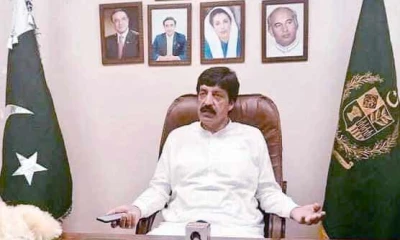
 Regional 1 day ago
Regional 1 day agoPunjab Nominee Governor Haider aims to bridge gap between PML-N, PPP
-

 Sports 2 days ago
Sports 2 days agoPCB introduces T20 World Cup 2024 kit for Pakistan team
-

 Technology 14 hours ago
Technology 14 hours agoHere are some of our favorite Star Wars Day deals









